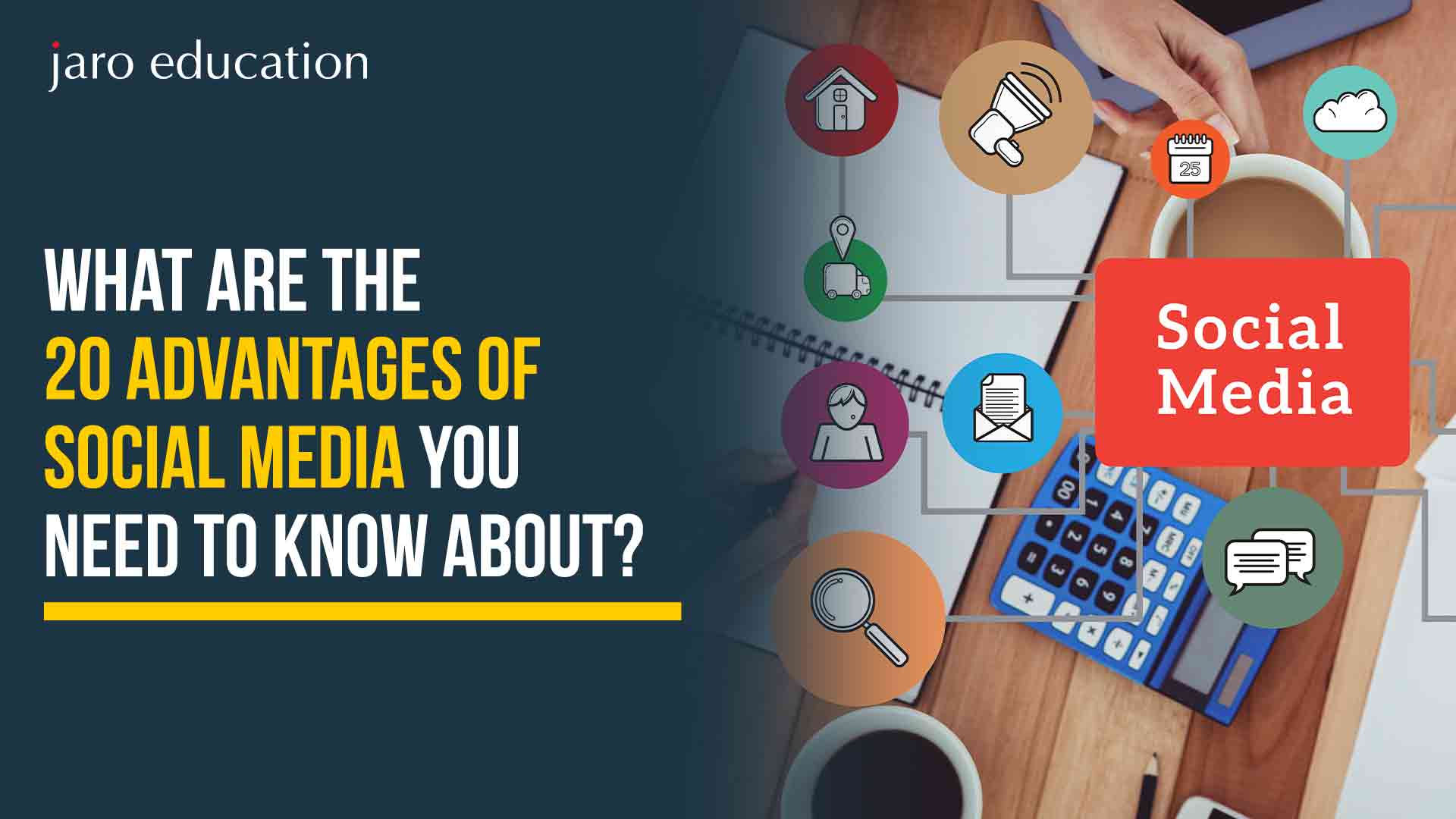What Are the 20 Advantages of Social Media You Need to Know About?

Table Of Content
- 1. Enhanced Connectivity
- 2. Promoting Education
- 3. Business Growth
- 4. Cost-Effective Marketing
Social media has become an integral part of our daily lives. It’s hard to imagine a world without Facebook posts, Instagram stories, or Twitter updates. Whether it’s connecting with loved ones, promoting businesses, or staying informed about current events, the advantages of social media are vast and transformative. From enhancing education to fostering global communication, social media has redefined how we interact, learn, and grow. This comprehensive guide will explore the 20 advantages of social media, diving deep into its multifaceted impact on society, education, businesses, and individuals.

1. Enhanced Connectivity
2. Promoting Education
3. Business Growth
4. Cost-Effective Marketing
5. Increased Awareness
6. Career Opportunities
7. Real-Time News and Updates
8. Creative Expression
9. Learning Opportunities for Students
10. Global Perspective
11. Improved Customer Engagement
12. Enhanced Personal Branding
13. Entertainment
Beyond its practical applications, social media is a hub for entertainment. From viral videos to live streams of events, users can find endless content to suit their preferences. Platforms like TikTok and YouTube offer a mix of humorous, inspirational, and informative content that keeps users engaged and entertained.
14. Social Interaction for Students
15. Platform for Advocacy
Social media empowers individuals to advocate for causes they believe in. Whether it’s environmental issues, gender equality, or mental health awareness, social platforms are effective tools for mobilizing communities and driving change. Fundraising campaigns, petitions, and awareness drives have achieved remarkable success thanks to social media.
16. Boosting Self-Esteem
17. Encouraging Social Change
Social media has been instrumental in driving social change. By bringing people together under common goals, platforms have fueled movements that challenge norms and advocate for justice. Stories of resilience and success shared on social media inspire millions to take action and contribute to meaningful causes.
18. Inspiration and Motivation
Platforms like Pinterest and Instagram serve as endless sources of inspiration. Whether you’re looking for fitness routines, home decor ideas, or career advice, social media connects you with resources and individuals who motivate you to pursue your goals.
19. Educational Collaboration
20. Staying Connected with Trends
Social media keeps users updated with the latest trends, whether it’s in fashion, technology, or lifestyle. By staying informed, individuals can remain relevant in their personal and professional lives. Businesses can also use trend insights to adapt their strategies and meet consumer expectations.
Balancing the Advantages and Disadvantages of Social Media
Conclusion
Find a Program made just for YOU
We'll help you find the right fit for your solution. Let's get you connected with the perfect solution.

Is Your Upskilling Effort worth it?

Are Your Skills Meeting Job Demands?

Experience Lifelong Learning and Connect with Like-minded Professionals

